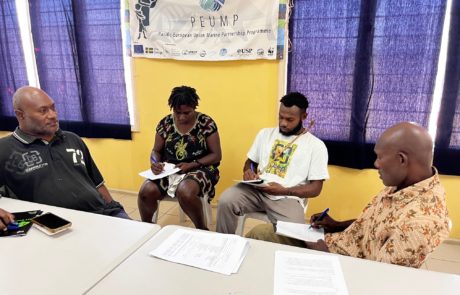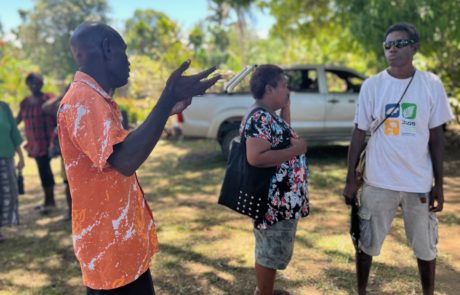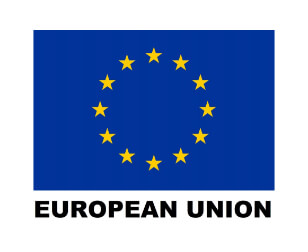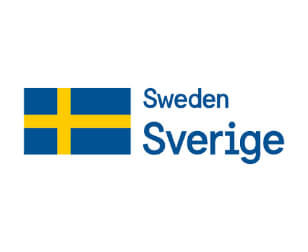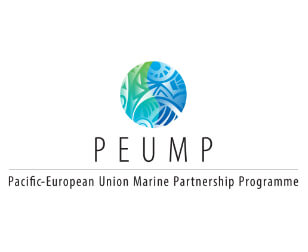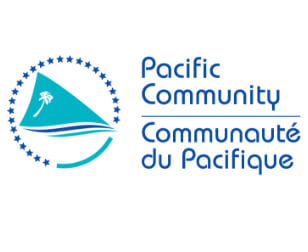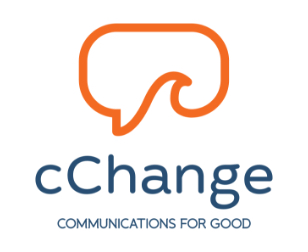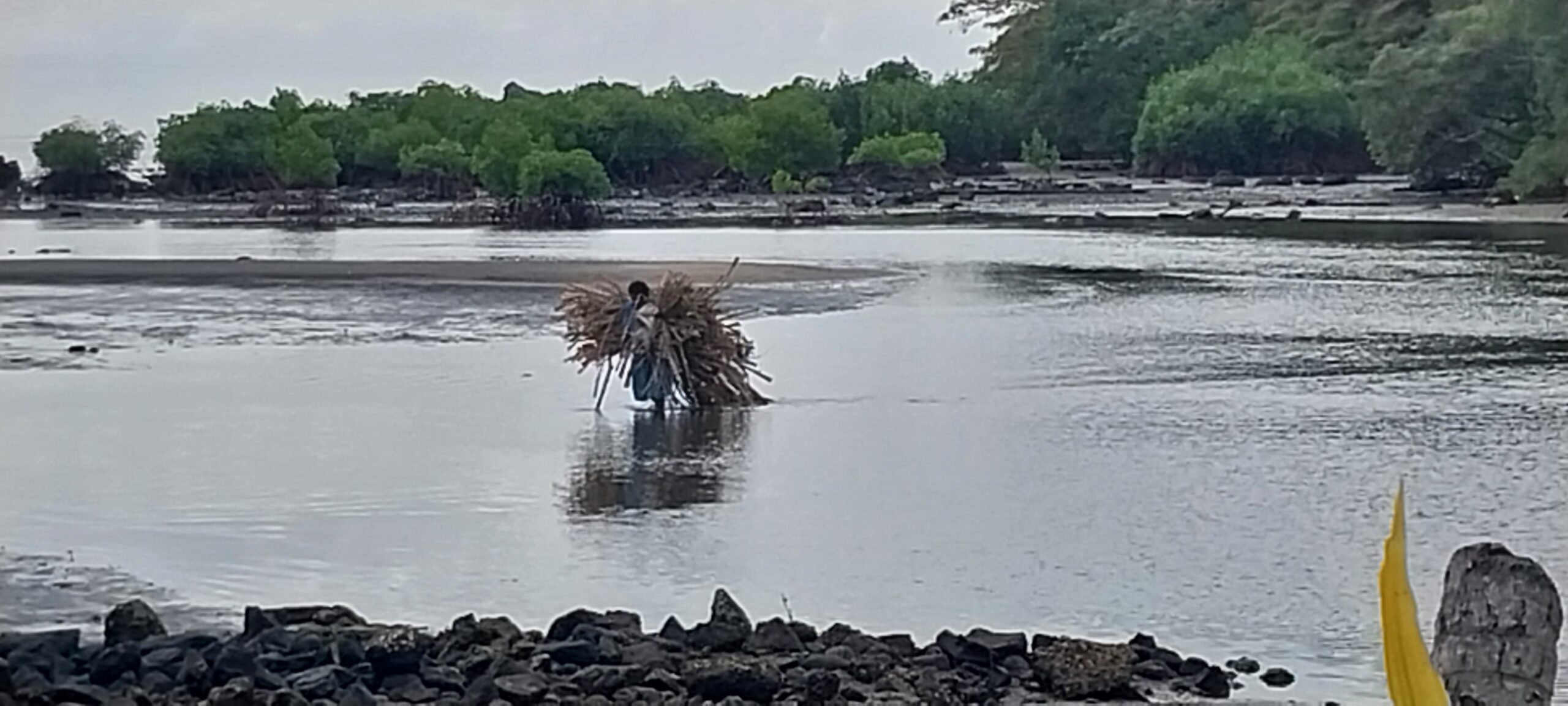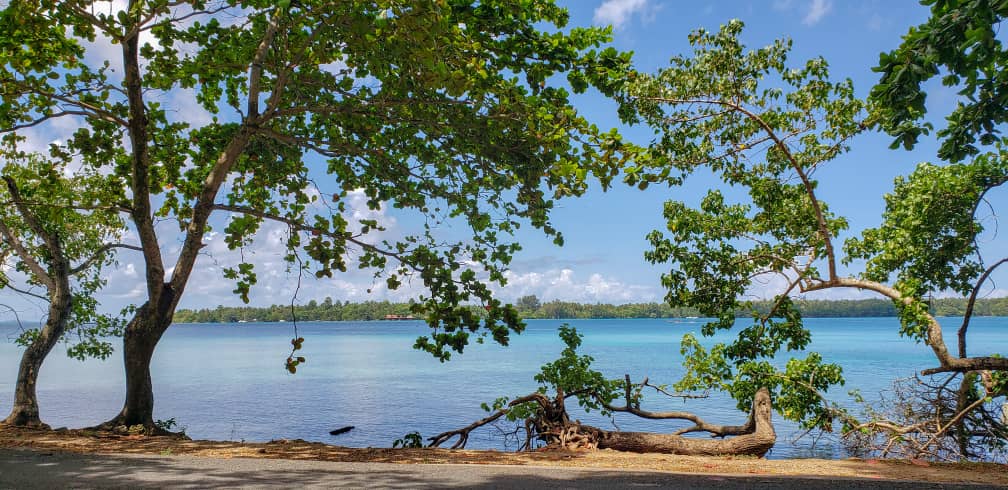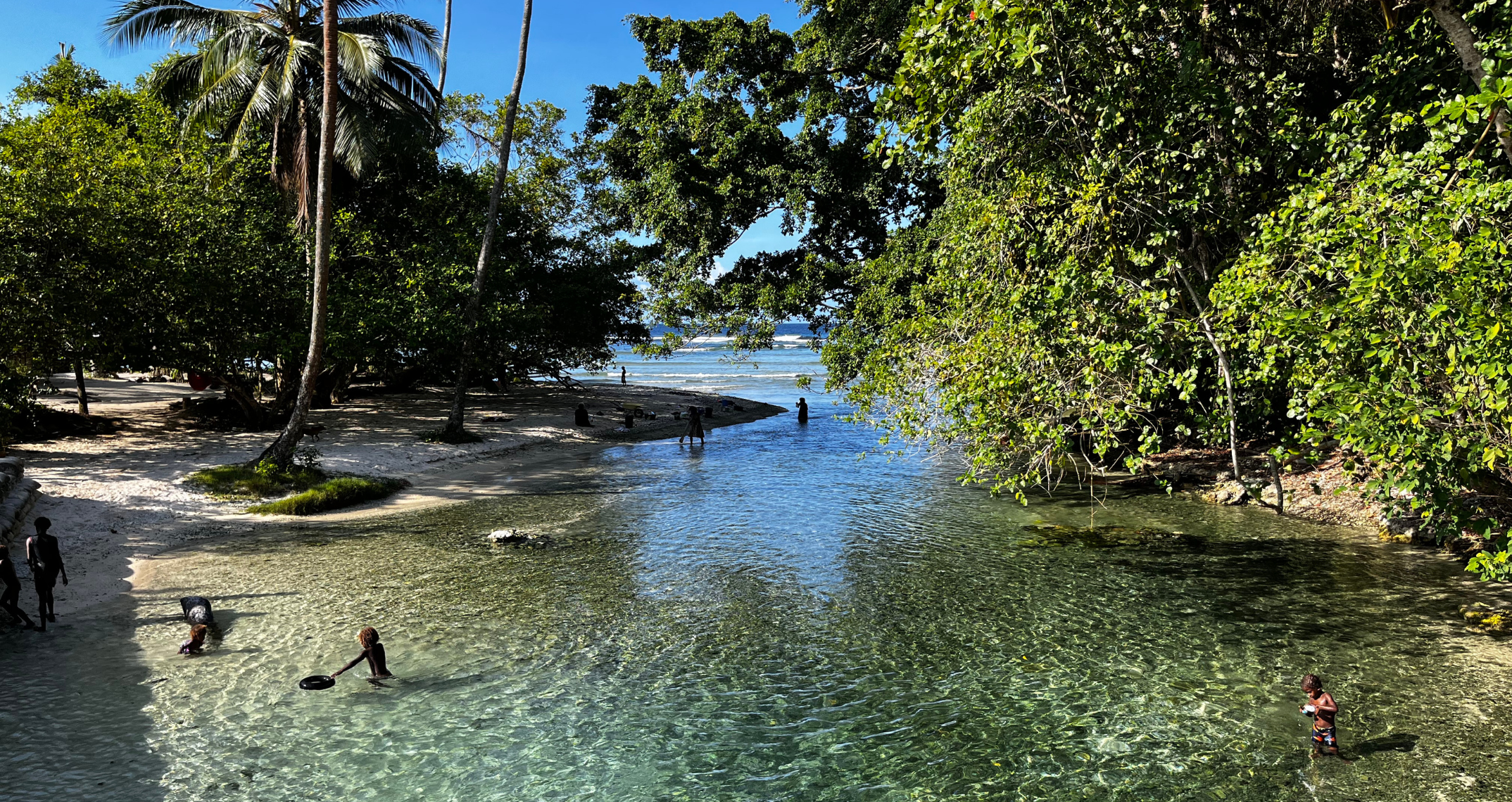Local enumerators have been trained to collect surveys to establish baseline information on CBFM in New Ireland Province.
The LMMA Network in carrying out the 100-Percent Solution, has partnered with the Pacific Community (SPC) and cChange to implement the scaling-up of community-based fisheries management (CBFM) in New Ireland Province, Papua New Guinea, using various activities by on-the-ground partners through the Pacific-European Union Marine Partnership (PEUMP) Programme.
In order to measure the effectiveness of these activities and to inform a more strategic communications approach, a scaling-up survey has been developed and is being rolled out across both Kavieng and Namatanai Districts over the next few months.
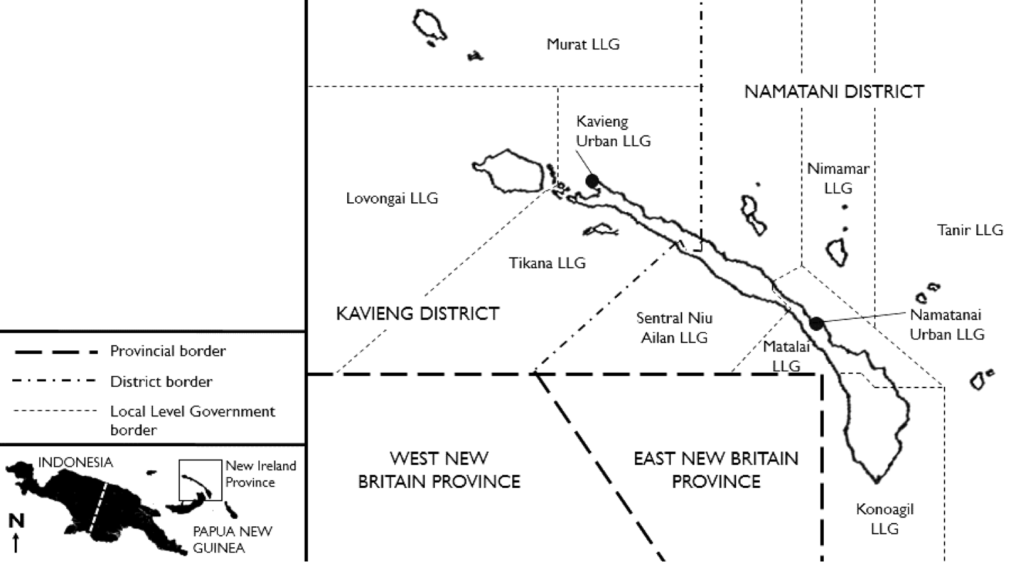
Map of New Ireland Province, PNG
In early October 2022, the LMMA Network hosted a 2-day survey training workshop in Kavieng to train approximately 15 individuals in socioeconomic survey methods and theory. The participants were a highly motivated and enthusiastic group of local community members from various wards around New Ireland Province.
The training workshop included classroom and field work sessions. Presentations and discussions covered CBFM definitions and terminology, socioeconomic survey components, such as sampling design, and problem-solving strategies to overcome challenges they may experience in the field. The field work session to a nearby village put this theory into practice where the participants practiced conducting the surveys with actual fishers in a community setting, which helped build confidence and motivations.
Surveys have started in two local level government areas and the rest will continue in the coming months, with the target of collecting approximately 1500 household surveys. Travelling to remote areas of New Ireland presents many challenges, and so, working with local partners and experienced local people has been and will be critical.
The survey builds on the long history of community management in New Ireland and has been informed by local people and partners who have worked for many years on the ground and best placed to advise the project to ensure insights and analysis can inform future management efforts. We would also like to acknowledge the survey team leaders and enumerators who participated in the two-day workshop prior to implementation. Their local knowledge regarding suitable communities, field protocols, logistics and language translations has allowed the survey to target local needs and specificities.
Results will be available locally through the Singaut Blo Solwara campaign, and also distributed through local networks. The survey report will also be available through the LMMA website.

The Pacific-European Union Marine Partnership (PEUMP) Programme addresses some of the most serious challenges faced by Pacific countries. Among these are the increasing depletion of coastal fisheries resources; the threats to marine biodiversity, including negative impacts of climate change and disasters; the uneven contribution of oceanic fisheries to national economic development; the need for improved education and training; and the need to mainstream a rights-based approach and to promote greater recognition of gender issues to ensure inclusiveness and positive changes for Pacific island people. This seven-year PEUMP programme is funded by the European Union (EUR 35 million) and the government of Sweden (EUR 10 million). It is implemented by the Pacific Community (SPC), the Forum Fisheries Agency (FFA), the Secretariat of the Pacific Regional Environment Programme (SPREP) and the University of the South Pacific (USP) in close collaboration with Non-Government Organisations and the national authorities.






